
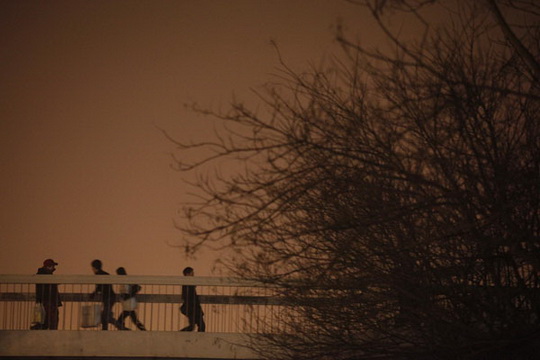 |
| Pedestrians walk on a road amid dense fog in Beijing on Jan 22, 2012. (Photo/Xinhua) |
Zhao, who once handled the oil leak in North China's Bohai Bay, said he does not agree with imposing a restriction on automobile use in the city, which he believes will increase car ownership without necessarily reducing pollution.
"To make sure they can travel, residents might purchase a second car when their vehicle is forbidden from using the roads" on a certain day, he said. "This can only result in the drastic increase of car ownership and a predicament over the lack of parking spaces without reducing the amount of vehicles on the road."
Car ownership in Tokyo is higher than in Beijing, but the Japanese capital still enjoys better air, which proves that car ownership and air quality is not a causal relationship, he said.
In addition, the government cannot solve the problem by imposing more inconvenience on the public, he added.
Zhao suggested the government further raise the quality of fuel, and reduce the intensity of lead and other chemicals that might pollute the air through auto exhaust.
Zhou Rong, director of the Greenpeace climate and energy project in Beijing, echoed Zhao's sentiments.
She said it is important to figure out pollutant emission sources in the capital and make a list of them.


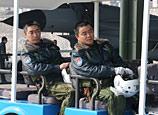



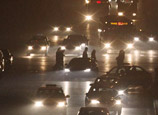

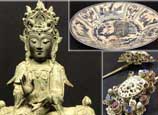
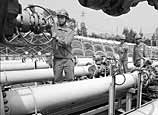







 This is the most real, most helpless and most motivate life expense of Beijing!
This is the most real, most helpless and most motivate life expense of Beijing!


![]()
